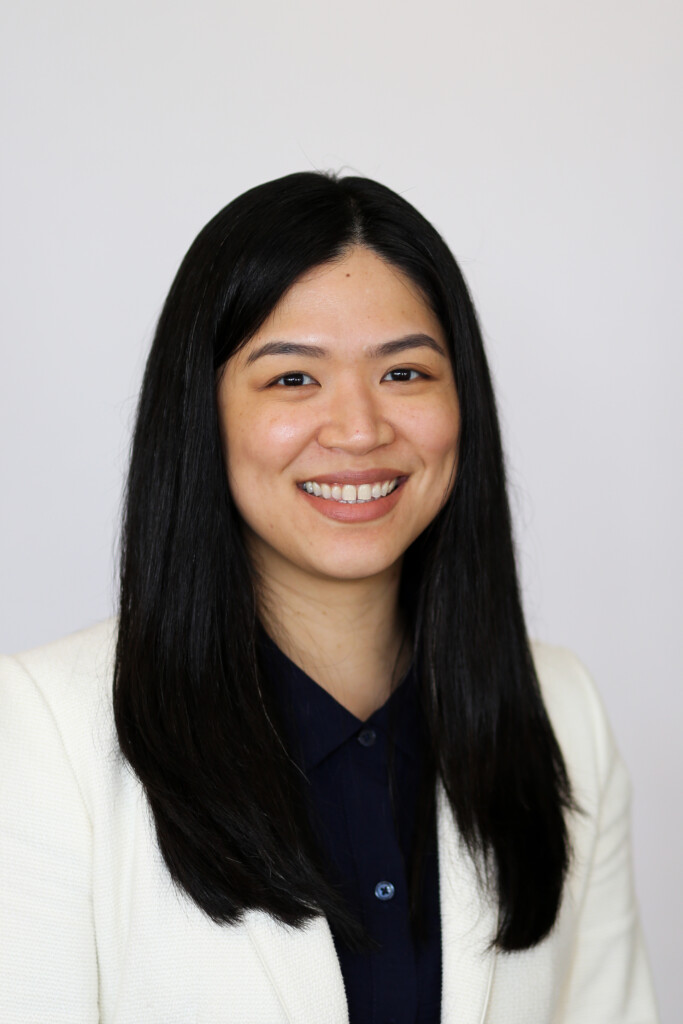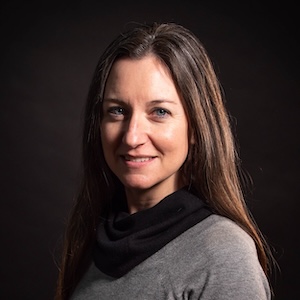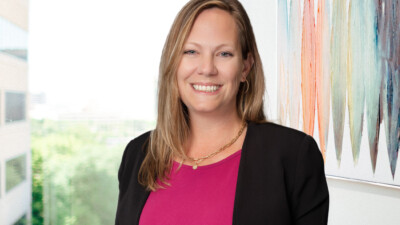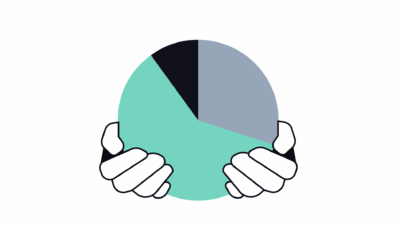As the senior director of strategic marketing, Deana Fu is committed to the company's customer-centric values and creating an inclusive workplace.

Deana Fu began her career as a support engineer at Mitsubishi Electric in Japan, where she tackled customer challenges by uncovering overlooked insights in manuals or collaborating directly with product developers. Her ability to simplify complex issues naturally extended into supporting marketing teams with product demonstrations, sparking a passion for storytelling and customer engagement. She realized her strength lay not in debugging, but in helping customers envision how new products could transform their work.
This insight led Deana into product marketing and product management, where she spent several years navigating the intersection of engineering, business strategy, and relationship-building. As a product leader, she thrived on communicating value, driving growth strategies, and owning business outcomes.
Today, as senior director of strategic marketing, Deana brings a holistic lens to growth, one that transcends individual product lines to shape company-wide impact. She leads with a blend of technical fluency and market insight, aligning cross-functional teams around shared goals and customer value. Her work is rooted in inclusive strategy development, ensuring that diverse perspectives inform the company’s direction and innovation roadmap.
Talk about the culture at your company. What makes it inclusive or supportive of diversity in engineering and automation?
At Mitsubishi Electric Automation, our culture is built on our core values: commitment to excellence, respectful relationships, and passion for the customer. These values shape how we collaborate across teams to anticipate customer needs and deliver innovative solutions in engineering and automation.
We are deeply committed to creating an inclusive workplace, one that actively minimizes bias, encourages collaborative decision-making, and upholds equity and fairness. Our culture promotes understanding of cultural differences and unconscious bias, and values empathy and emotional intelligence as essential leadership traits. These principles were reflected in our recent inclusive management workshops, where leaders engaged in self-assessment, shared openly with peers, and developed action plans to improve inclusivity. I was inspired by the thoughtful conversations and genuine commitment to change that emerged from these sessions.
We are committed to building a workplace where everyone can thrive, including minorities, women, individuals with disabilities, veterans, and early grads. While our backgrounds and experiences may differ, we are united by a shared vision: to be the most customer-centric organization in industrial automation.
We also work closely with the Mitsubishi Electric America Foundation (MEAF) to support the foundation’s mission to help youth with disabilities maximize their potential and live more fulfilling lives through increased employment. The foundation helps promote accessibility to careers in technology and trade, supporting local non-profit organizations to create a pipeline of skilled talent to access careers in high-demand fields.
Describe a recent company project (in which you were involved) that went particularly well. How did you and your team go about ensuring success?
A recent project that went particularly well was our updated go-to-market strategy. We formed cross-functional work groups to identify market segments where customer needs align strongly with our capabilities. These teams analyzed customer challenges, refined our solution offerings, and equipped our sales team with the tools and knowledge to guide customers through discovery conversations. We also developed a comprehensive marketing plan to support the rollout.
The first key to success was orchestrating a cross-functional team that brought diverse perspectives and experiences. Every conversation focused on understanding the target persona, their customer journey, and the goals they aim to achieve. Staying anchored in this shared purpose helped us move past differences that could have distracted us from progress.
The second key was our agile approach. At the end of each meeting, we either defined a hypothesis with a validation plan or reviewed validation results and decided on a path forward. This cadence kept us moving quickly while remaining flexible and responsive to new insights. By combining customer-centric collaboration with disciplined execution, we aligned our teams and delivered a strategy that’s already gaining traction in the market.
What first drew you to engineering or the automation and manufacturing industry?
Sending their children to college was everything my parents had hoped for. When it came time for applications, I stared at the blank field labeled “intended major” and drew a blank. I felt the weight of living up to their expectations while falling short for not knowing what I wanted to study. But I was raised to seek new experiences, embrace discomfort, and take calculated risks; so I did exactly that. I enrolled at Cornell University to pursue a degree in electrical and computer engineering. At the time, I didn’t know anyone with an engineering career, but I had just aced a calculus exam and figured I’d find my way.
I stumbled into engineering not knowing what to expect, but I quickly found myself immersed in a diverse and welcoming community. I was learning complex concepts and forming lasting friendships. We tackled challenging projects together — and sometimes, we duct-taped classmates to the wall in impromptu competitions, a creative solution to the boredom of long winters far from home.
Most importantly, we learned how to collaborate, problem-solve, and engage with peers who were passionate about making a difference. That sense of shared purpose and curiosity shaped my journey and continues to guide me today.
Describe your biggest career challenge. How did you solve it, or what was the outcome or lesson learned?
A few years ago, I was asked to lead the implementation of a business operating system based on the 80/20 principle – a framework that encourages allocating effort based on the value an activity brings or could bring. We had just set a bold vision: to become the most customer-centric manufacturer in industrial automation. With rapid growth underway, we needed a strategic approach to scale effectively.
Several cross-functional initiatives were launched, and I was tasked with coaching each business group to define impactful strategies, make data-driven decisions, and establish clear performance indicators. Initially, I had doubts. My focus was on building a high-performing product management team, and this new assignment felt like a distraction.
After seeking advice from mentors, I realized it wasn’t a conflict, it was an opportunity. As a product leader, I’m responsible not only for technical expertise but also for driving growth and business outcomes. If I could do this for products, I could also help bridge gaps across functions and apply the same principles at scale.
Taking on this challenge pushed me outside my comfort zone and helped me grow professionally. I gained valuable insights into the operational aspects of our business and contributed to meaningful improvements. It was a reminder that stepping into discomfort often leads to the most rewarding growth.
- What career advice would you give to your younger self?
If I could give my younger self one piece of advice, it would be to build authentic relationships any chance you get. A genuine desire to support those around us is one of the most powerful ways to shape not just a rewarding career, but a fulfilling life.
Over the years, I’ve grown close to many brilliant colleagues who became friends, advisors, and mentors. Some check in to remind me to pause and enjoy life, offer encouragement when I’m navigating new opportunities, or simply share a good laugh. I consider it an accomplishment when I can reciprocate, offer support and celebrate their successes.
While it’s exciting to chase the next career milestone, it’s the kindness, compassion, and connection shared among peers that truly make the journey worthwhile. Relationships built on trust and mutual respect are what sustain us through challenges and amplify our successes.




